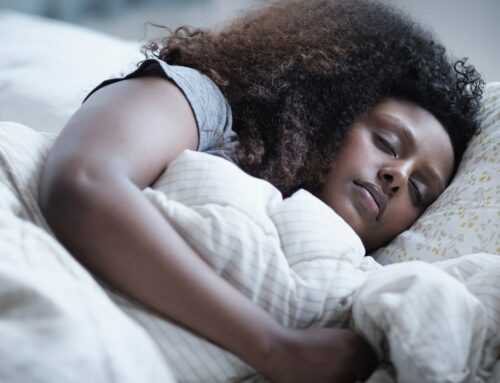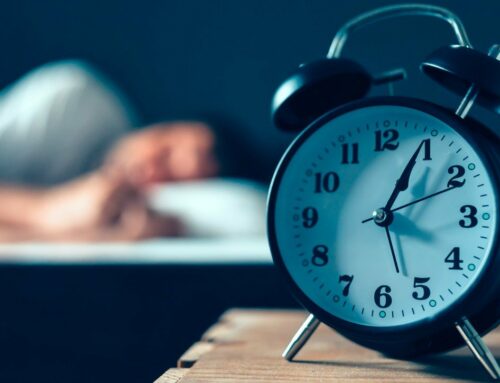Teenagers often attribute lack of sleep to being both a cause and an effect of various psychological conditions. Large homework loads, involvement in extracurricular activities and socializing with friends on social media are all factors that affect sleep schedules.
The onset of the adolescent sleep cycle occurs later than that of typical adults. Early school start times continue to perpetuate this growing difficulty among teens. Hence, most adolescents are not getting the sleep they need – a recommended 8.5-9.5 hours per night.
Previous research on sleep has shown that teens who report low levels of sleep are four times more likely than peers with higher levels to develop a major depressive disorder. Over 50% of teens who average at fewer than six hours of sleep a night also report high levels of psychological distress, which indicates that good sleep habits act as a buffer against stressors and mental illness.
The following behavioral changes a teen can make to improve his or her sleep:
- Set a sleep schedule: Try to fall asleep and wake up at the same time every day
- Be mindful of food and drink: Avoid caffeine within 6 hours of sleep
- Have a bedtime ritual: Take a shower, read, listen to music
- Limit naps: If you do nap, limit it to 10-30 minutes
- Exercise: Regular exercise promotes sleep but don’t do it too close to bedtime
- Manage stress: Utilize coping techniques such as deep breathing and meditation
Lastly, it is vital to seek support when needed. Consult a doctor if irregular sleep patterns persist despite behavioral interventions.
For information about sleep training, behavioral interventions, or to schedule an appointment, contact us at Georgetown Psychology Associates today!



